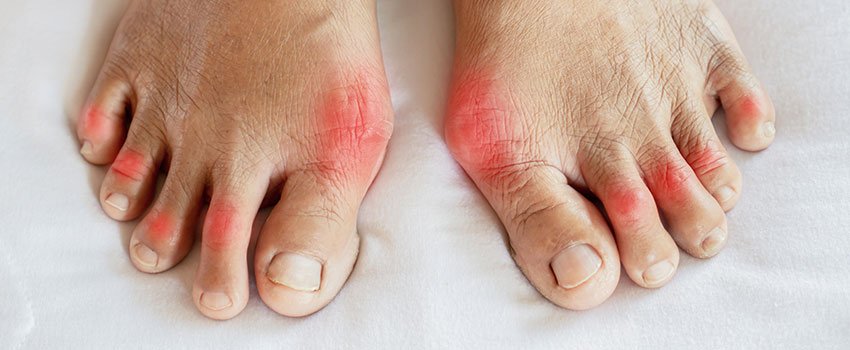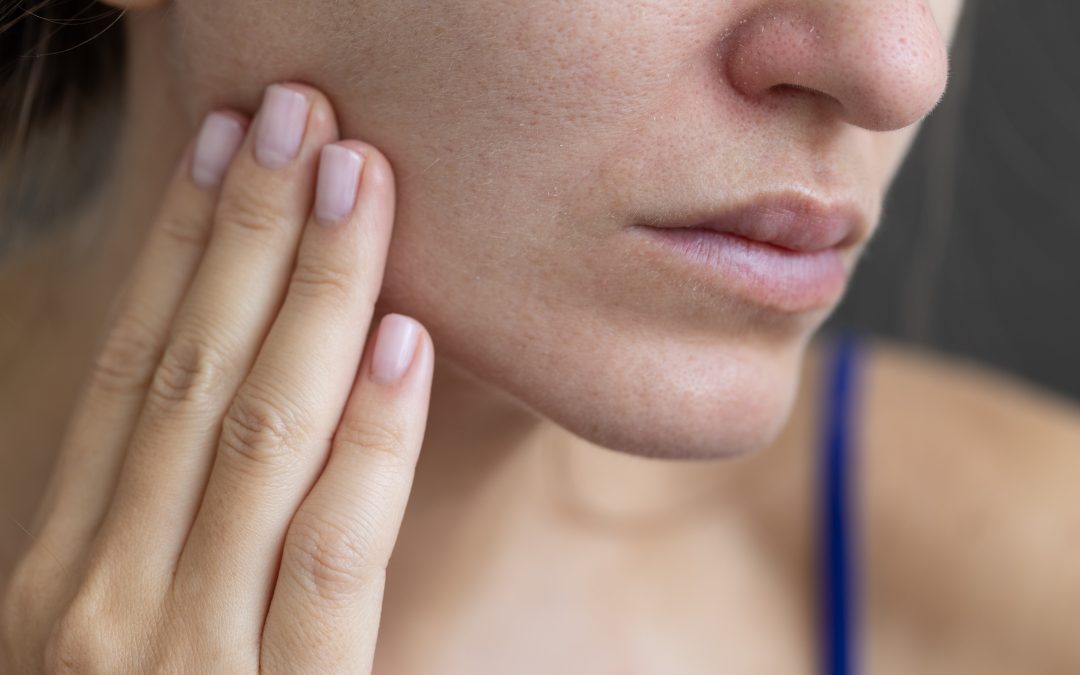
Gout is a common and complex form of arthritis that can affect anyone. The most common area that gout affects is the big toe, and its symptoms can linger for a long period of time.
Thankfully, there are steps you can take to better understand your gout and treat your gout symptoms. Read on as our team at AFC Urgent Care Monroe Road explains.
- What gout is: Gout is a form of inflammatory arthritis characterized by recurrent attacks of a red, tender, hot and swollen joint. Gout “attacks” typically come on rapidly and reach maximum intensity in less than 12 hours.
- What causes gout: Gout is typically caused by having an excess amount of uric acid in the bloodstream, which is medically known as Hyperuricemia. Gout occurs more commonly in those who regularly drink beer or sugary beverages or who eat foods that are high in purines such as meat, poultry or seafood, or are overweight.
- Typical gout symptoms: The most common symptom of gout is a recurrent attack of acute inflammatory arthritis (a red, tender, hot, swollen joint). Gout flares start suddenly and can last for days or weeks, followed by a long period of remission.
- Here’s what to do: If you’re experiencing a flare, take some OTC anti-inflammatory pills like ibuprofen to help with the swelling and pain. Make sure to avoid aspirin, though, as it can actually raise the level of uric acid in the bloodstream.
- What to do next: After the pain has been reduced, make sure you monitor the foods you are eating. Dietary causes account for about 12% of gout cases, so make sure to stray away from foods and drinks that are purine-rich.
- What to do after: Don’t hesitate to visit our AFC center if these treatment options don’t work, or if your gout flare-up lasts between 48 hours and a week.
- Action steps to take: One of the best things you can do to prevent future gout flare-ups from happening is by maintaining healthy habits, such as losing weight, limiting purine-rich foods, staying physically active and protecting your joints.
- Doctor recommendations: If you think you have gout but haven’t had your hypothesis medically diagnosed yet, visit our AFC center. To confirm the diagnosis, your doctor will likely perform a physical exam and take a sample of fluid from your joint to find uric acid crystals. In some circumstances, doctors will perform a blood test to see how much uric acid is built up in your bloodstream.
Have you been dealing with gout for some time and aren’t sure what to do about it? Don’t hesitate to visit our AFC Urgent Care Monroe Road to get the treatment you need!


